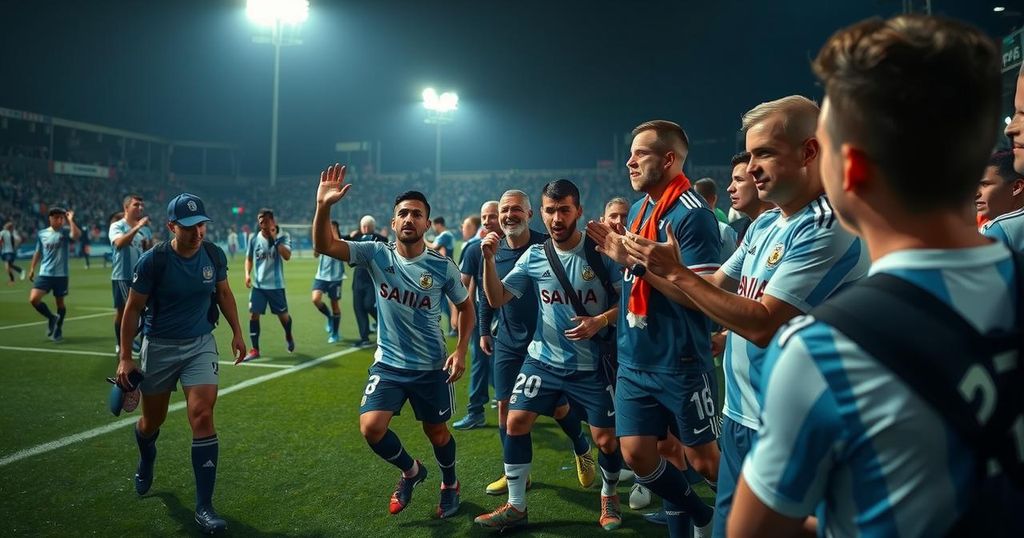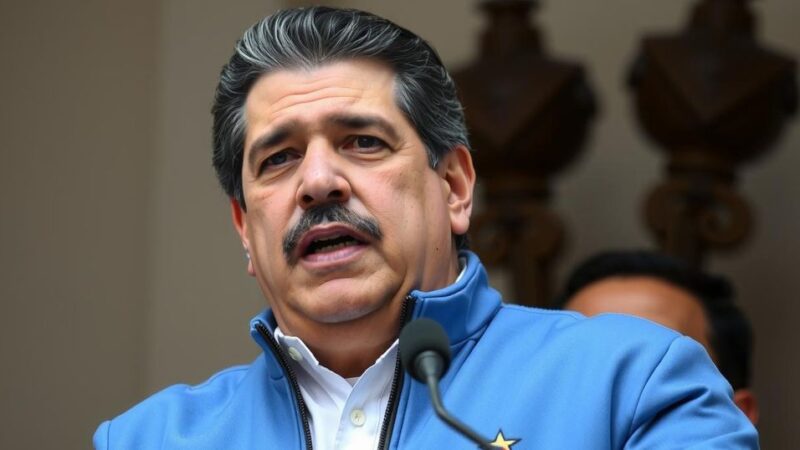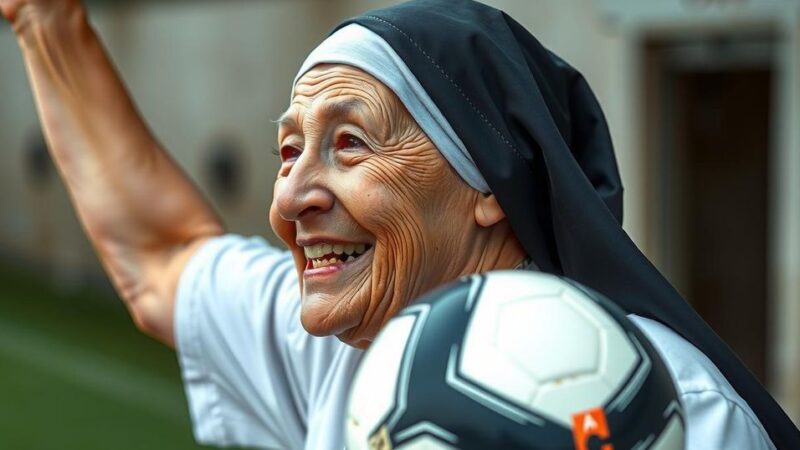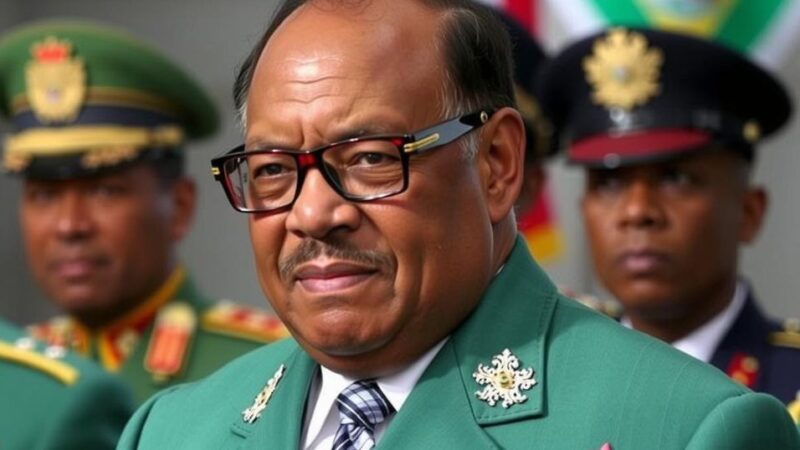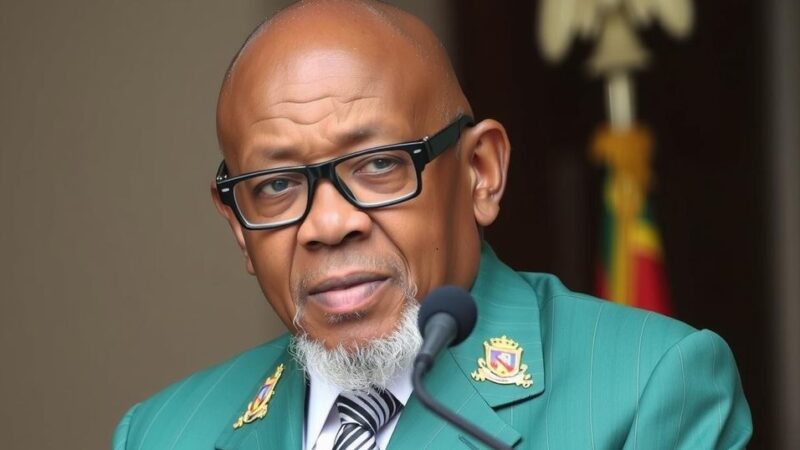Andrés Bracamonte, leader of a notorious football hooligan group in Argentina, was shot dead near Rosario Central’s stadium. He had a long history of violent conflicts and criminal allegations. His death is viewed as a potential reckoning within the realm of football-related violence, highlighting ongoing issues of organized crime within the sport.
Andrés Bracamonte, colloquially known as Pillín, the leader of a notorious football hooligan faction in Argentina, was tragically shot and killed near the Gigante de Arroyito stadium in Rosario. Bracamonte, aged 52, had presided over the Rosario Central supporters’ group for over two decades and was well-known for his involvement in violent altercations with rival factions. The incident occurred shortly after a league match, although Bracamonte did not attend due to a ban imposed on him for prior offenses, including allegations of extortion and money laundering. On Saturday, Bracamonte and his deputy, Daniel “Rana” Atardo, were ambushed by an assailant on a motorcycle just a few blocks from the stadium. Both individuals were transported to Centenario Hospital; however, medical personnel were unable to save their lives. This violent act has been characterized by local media as a possible settling of scores within the fraught world of football violence. Reports indicate that Bracamonte had a well-documented criminal history, including prior assassination attempts, and had recently survived a shooting incident in August. He was also reportedly connected to the infamous drug cartel known as Los Monos and was under investigation for money laundering, making his death a significant event in the ongoing saga of violence within Argentinian football culture.
Football hooliganism in Argentina is a pervasive issue, deeply rooted in the culture surrounding the sport. Rivalries between gangs supporting different clubs often escalate into violent confrontations, leading to injuries and fatalities. Leaders of these groups, like Bracamonte, often possess extensive criminal records and ties to organized crime, including drug cartels. The Argentine government has taken various measures to curb this violence, including banning certain individuals from attending matches. Despite these efforts, incidents of violence persist, underscoring the challenges faced by authorities in managing football-related hooliganism.
The assassination of Andrés Bracamonte marks a significant moment in the continuing cycle of violence associated with Argentinian football hooliganism. His long-standing leadership of the Rosario Central gang and connections to criminal activities have made him a prominent figure in this troubled world. The ramifications of his death may provoke further unrest among rival factions and pose challenges for law enforcement as they grapple with the intertwined nature of football culture and organized crime in Argentina.
Original Source: www.bbc.com

